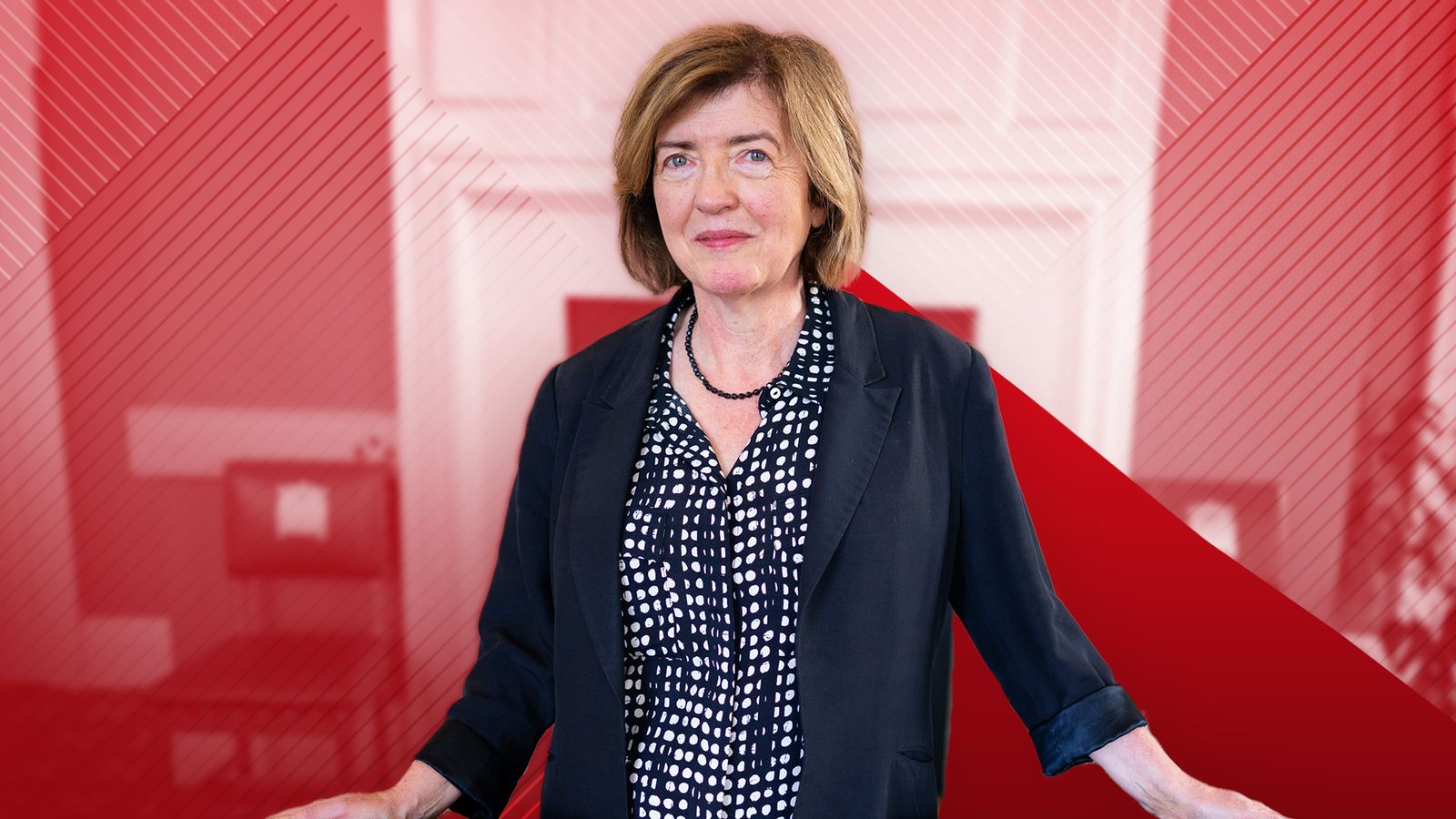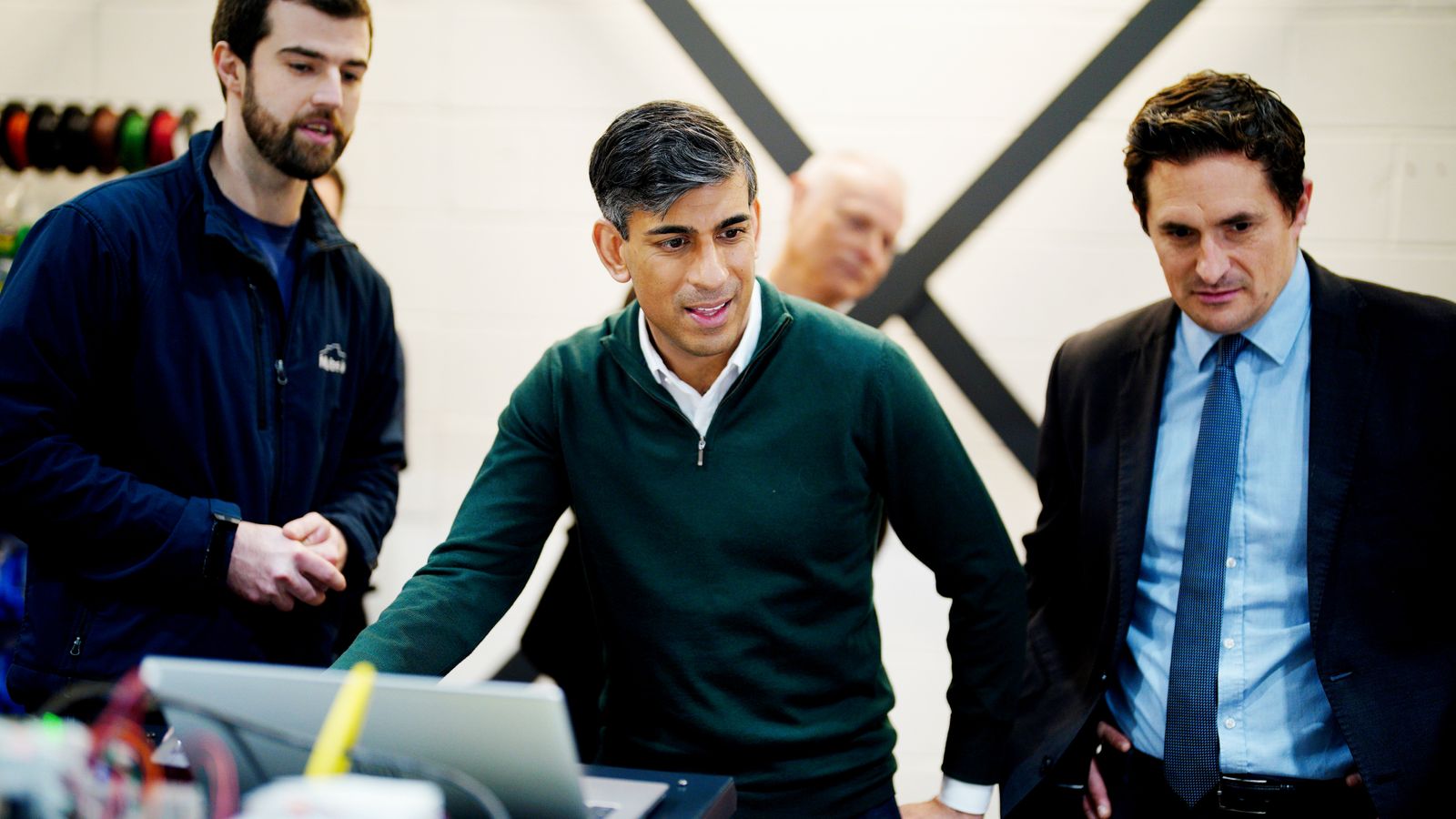Sue Gray’s ascension to the Labour Party – from civil service partygate investigator to Sir Keir Starmer’s chief of staff – has delighted and rankled colleagues in equal measure.
Since her arrival last autumn, Ms Gray has been subject to praise from shadow cabinet members and mayors, whom she is said to have brought closer to the Labour leader.
But there have been negative briefings from Labour insiders too – including a story leaked to the press that she reduced staff to tears with a heavy-handed approach in an internal leak inquiry over the party’s decision to ditch its £28bn green investment pledge.
However, one ally Ms Gray has found herself with is Labour’s deputy leader Angela Rayner, with whom she is said to have established a good relationship based on mutual respect.
Mutual respect
“There aren’t many people Sue Gray talks about, but Angela Rayner is one of them,” says one associate of the renowned civil servant turned Labour powerbroker. “She respects her.”
One senior Labour source told Sky News Ms Rayner gave the impression she liked Ms Gray’s “no b*******” attitude and that the pair “praise each other openly and glowingly to other people”.
“You also probably can’t escape the fact they are both working-class women who have had to work their way to the top in hostile male environments,” they added.
Labour drops pledge to abolish leasehold within 100 days – but says commitment to reform ‘hasn’t changed’
The day Harold Wilson’s mistress caught the eye of a controversial US president
Labour shouldn’t return money to union backer, shadow minister insists
‘Everyone has a fair shot with Sue’
What their budding friendship could herald is a shift in the power dynamics in the Labour Party, where those who previously felt frozen out are now brought into the tent – including many on the soft left.
“Everyone has a fair shot with Sue,” the source said. “She will want to run government in a proper way and she won’t have a favoured wing of the party.”
As well as Ms Rayner, Ms Gray, who has held senior roles in the Cabinet Office including as director general of propriety and ethics, has also brought metro mayors back into the fold, seeing them as a crucial element of Labour’s devolution agenda that featured heavily in its campaign launch for the local elections.
Sir Keir pledged to oversee a “fundamental shift” in politics through devolution and its “Take Back Control Act”, which he said would give new powers to regional mayors over transport, skills, energy, and planning – something he branded “full-fat devolution”.
Building a network of allies
A sign of the building alliance came a fortnight ago when Ms Gray and Ms Rayner jointly hosted an “away day” with metro mayors and members of the shadow cabinet in the West Midlands, described as a “charm offensive” by Ms Gray, who is reportedly looking to build her own network of allies.
One Labour source in the north said the engagement with Ms Gray had been “really positive” and started when she brought metro mayors together to discuss the response to the cancellation of the northern leg of HS2 last year – a sign that she wanted to bring regional leaders into critical policy debates.
Prior to Ms Gray’s arrival, the relationship between the Leader of the Opposition’s Office (LOTO) and the metro mayors was often seen as strained, with disagreements over policy – including Sadiq Khan’s Ultra Low Emission Zone in London – taking centre stage.
According to the source, one of the purposes of the away days is to start building good relationships with mayors early and before the election “in the hope that dialogue means those sorts of disputes can be resolved before they become public”.
Onus on regional leaders
The decision to have Sir Keir speak alongside Ms Rayner and Richard Parker, the party’s candidate for West Midlands mayor, at the local election launch is also seen as having sent a signal that regional leaders are going to be a key part of Labour’s plan to deliver growth through the UK.
John McTernan, who served as Tony Blair’s director of political operations and has worked with Ms Gray, told Sky News her understanding of and respect for devolution is likely to have come when she served as permanent secretary of the department of finance in Northern Ireland and also in a senior role in the levelling up department.
“One of the critical things for Labour will be to change the settlement between Whitehall and the cities and regions,” Mr McTernan said.
Read more:
Angela Rayner’s tax affairs – a smear or a real trust problem for Labour?
Keir Starmer should expect to come under vicious assault from day one if Labour wins landslide
“Sue Gray’s desire for devolution is real, and I’m not surprised the relationship with Angela is strengthening because in my own view, the troika of Keir, Rachel [Reeves, the shadow chancellor] and Angela is unbeatable.”
Power shift
However, if Labour does implement the devolution agenda it is now championing, that means a shift of power away from the centre; a contradiction successive governments have grappled with, including Boris Johnson’s when he wanted to implement his levelling-up agenda.
Alex Thomas, a programme director at the Institute for Government who has worked with Ms Gray, said there has long been a debate in government over how to manage this tension.
“If you give away power, you don’t have it anymore,” he observed.
“You are not then able to use the executive authority the government has to force your agenda through.
“Any government that wants to achieve a project where it doesn’t have control of all the levers will have to persuade people to come along with it.”










